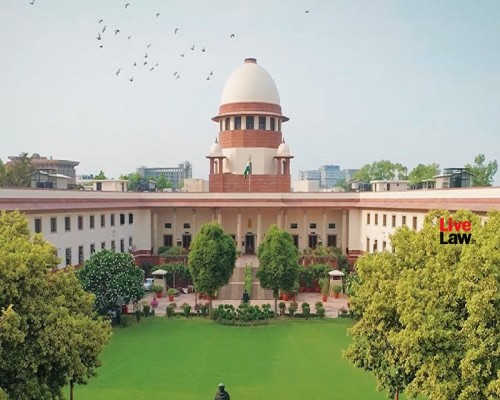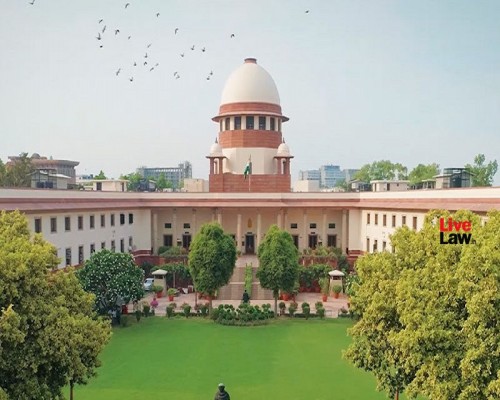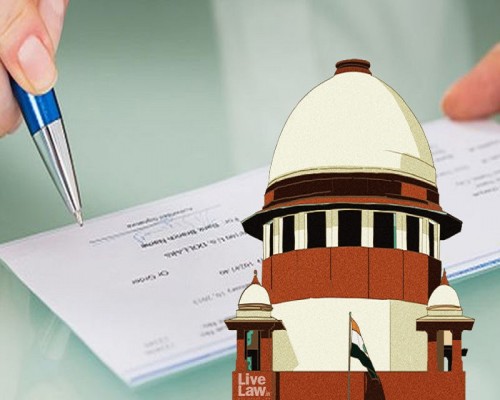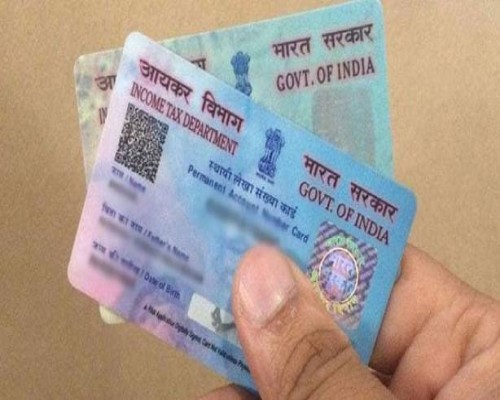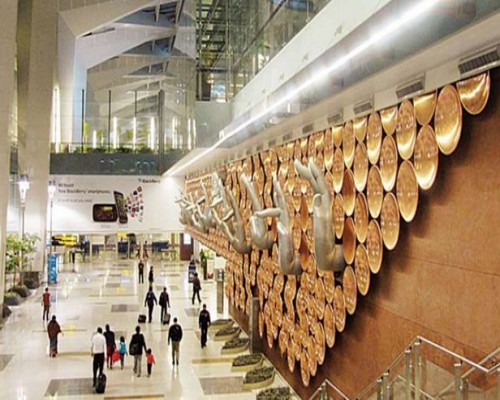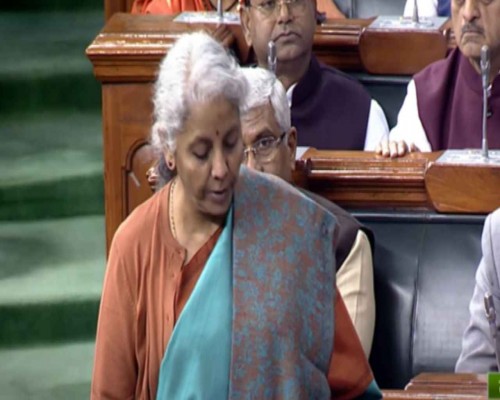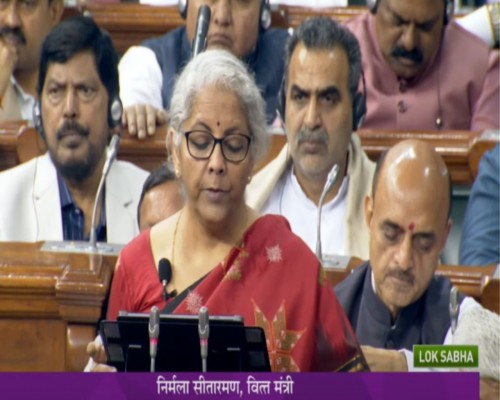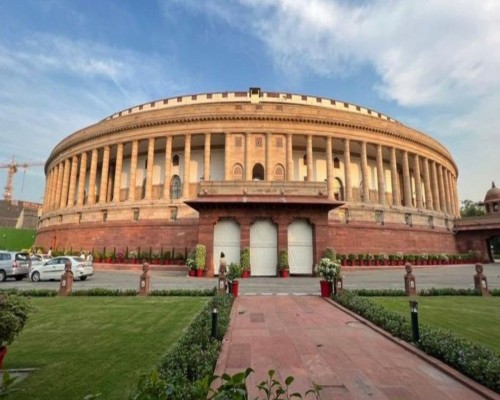Expanding Road Connectivity in Western Uttar Pradesh
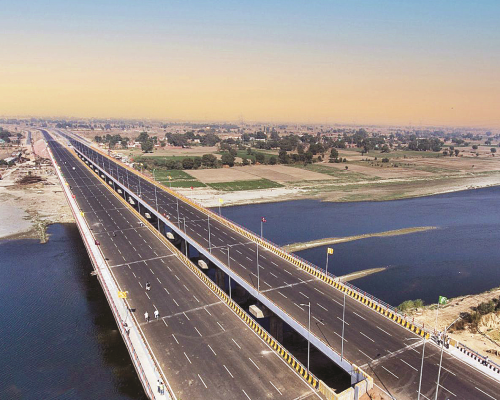
With the launch of Noida International Airport in Jewar this April, Gautam Buddha Nagar is set to become a major growth hub in western Uttar Pradesh. As a result, traffic in key areas like Noida, Greater Noida, and Yamuna Expressway will see a significant surge, putting pressure on the existing road infrastructure.
Currently, the road network in Gautam Buddha Nagar is already under strain, and the increased movement of vehicles could worsen traffic congestion. To tackle this, the government is planning a comprehensive mobility plan covering 18 districts in western Uttar Pradesh, including Ghaziabad, Hapur, Bulandshahr, Baghpat, Amroha, Saharanpur, Meerut, Muzaffarnagar, Shamli, Bijnor, Mathura, Aligarh, Firozabad, Agra, and Delhi, along with key regions in Haryana such as Faridabad, Gurugram, Palwal, and Sonipat.
A Large-Scale Connectivity Plan
The government is developing a strategic road expansion plan, adding 50 to 100 new highways to ensure seamless connectivity in these regions. Unlike previous approaches, the state will not focus solely on large-scale expressway projects but will also implement localized mobility solutions to accommodate the growing traffic demand.
To oversee this initiative, the Greater Noida Industrial Development Authority (GNIDA) will take the lead in executing the Comprehensive Mobility Plan (CMP) for the region. A high-level meeting will soon be convened to finalize the framework, with participation from key agencies like DFCCIL (Dedicated Freight Corridor Corporation of India), Airport Planning Board, Uttar Pradesh NCR Planning Board, East Freight Corridor, and aviation authorities.
The government aims to complete the initial phase of this connectivity project within 25 to 28 months, ensuring smooth traffic movement in Noida and the surrounding districts.





